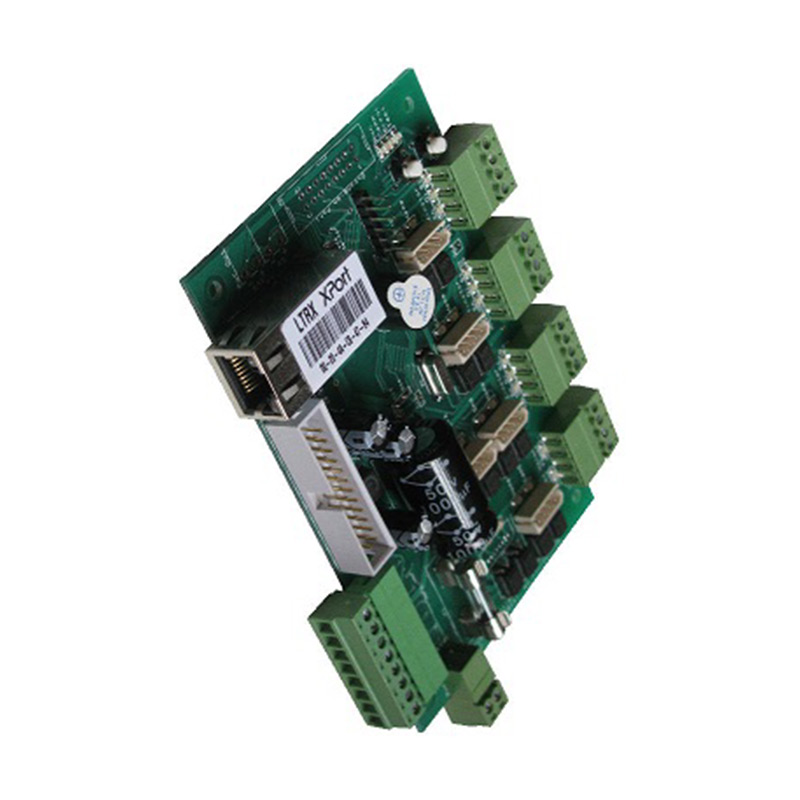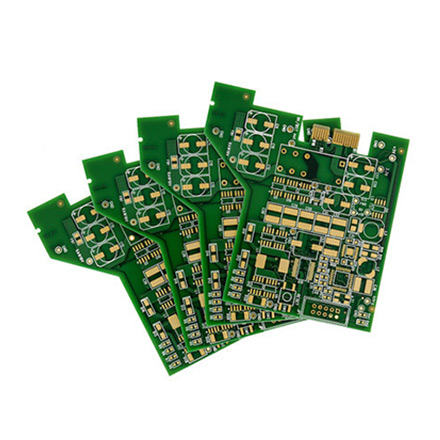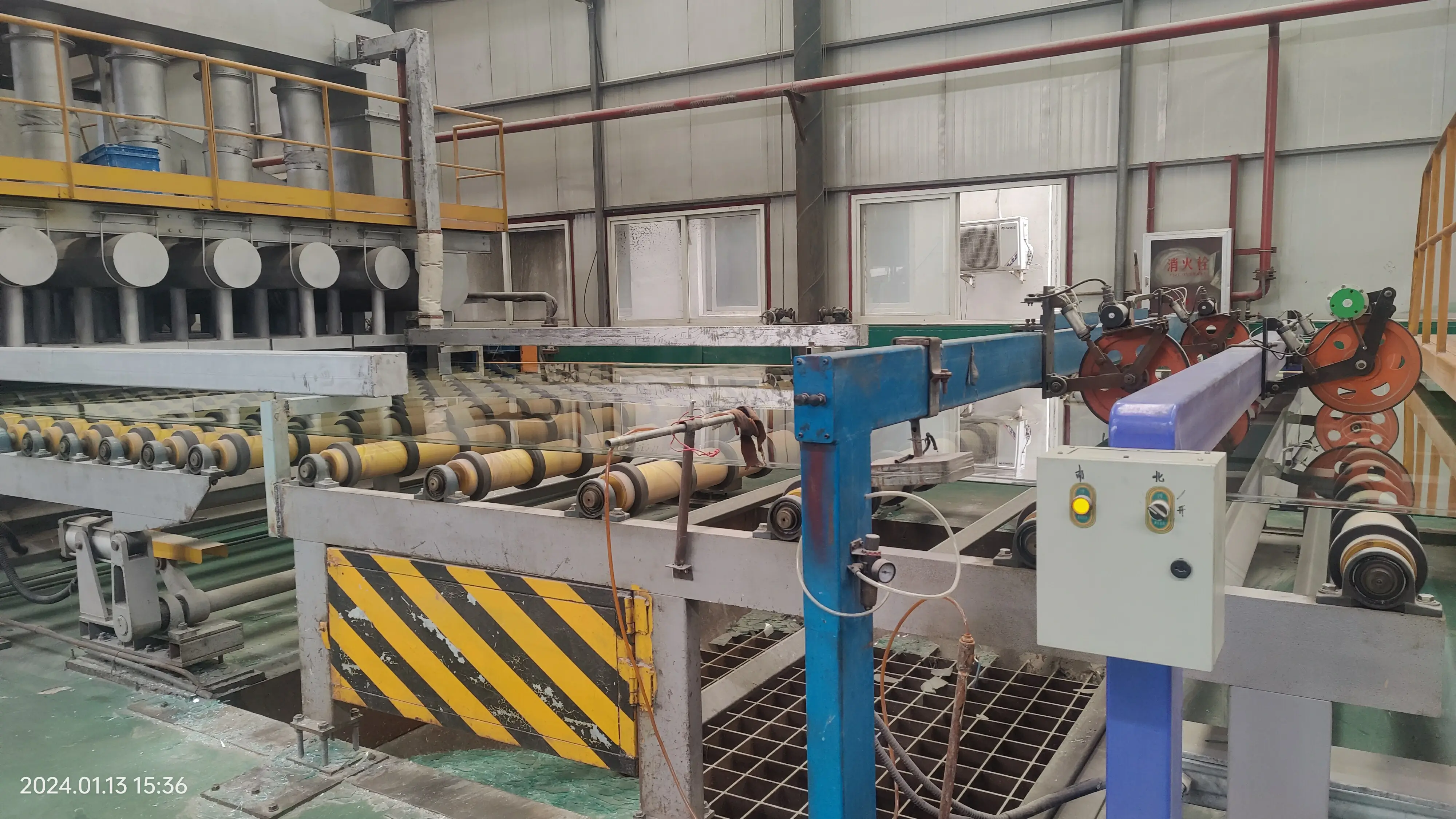Horse asthma can be triggered by various environmental factors. Dust, mold, pollen, and other allergens found in hay, bedding, and even the barn environment can provoke symptoms in susceptible horses. Horses with a history of allergies or those that are kept in poorly ventilated stables are particularly at risk. Additionally, certain breeds are more predisposed to develop this condition, indicating a possible genetic component.









